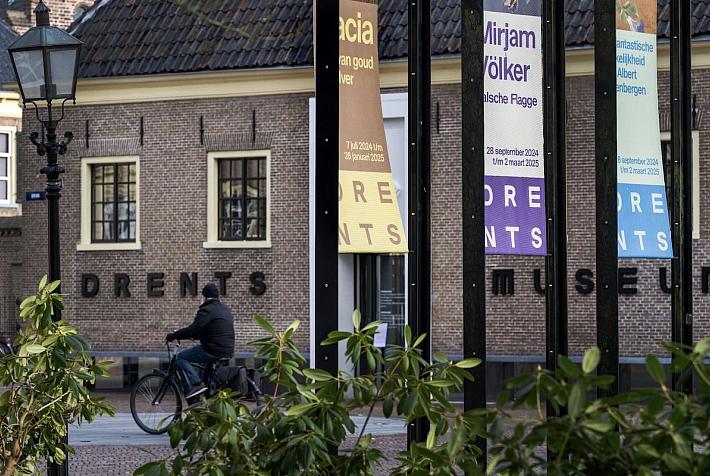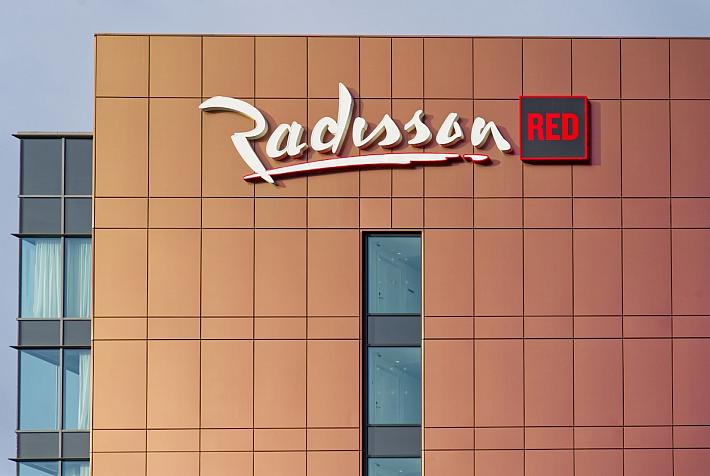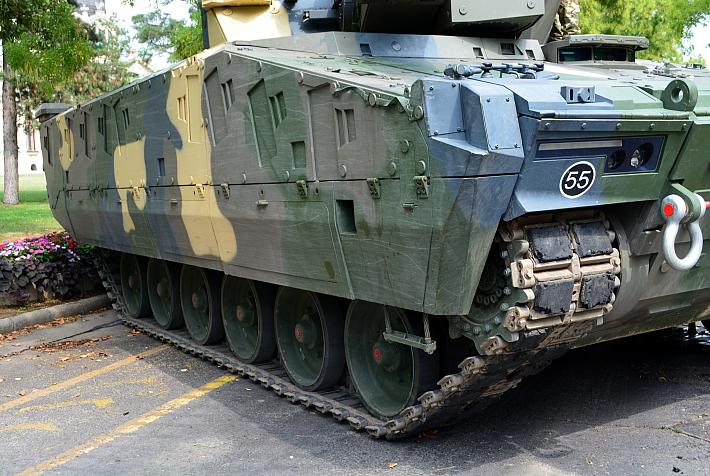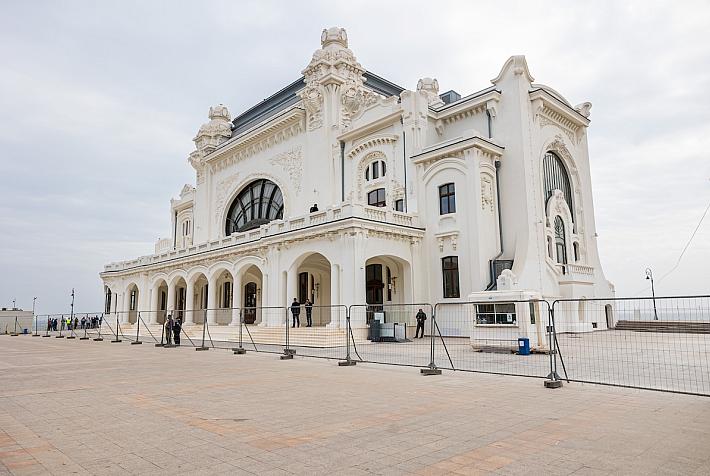Romania still a 'cold' country for real estate investments, DTZ study finds

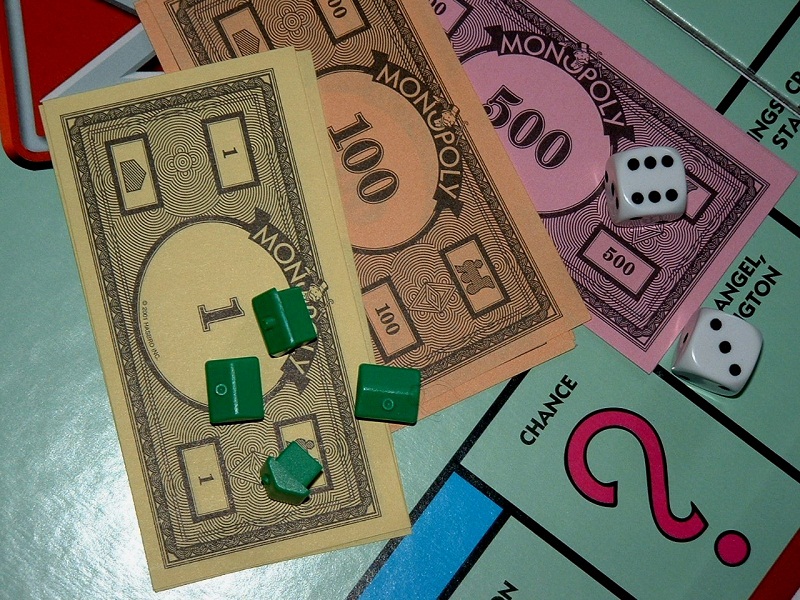 Romania and Hungary are the only Eastern European real estate markets unattractive to investors, because of overvalued assets, while the lack of transactions means property prices need to continue to drop, says a global study by real estate adviser DTZ.
Romania and Hungary are the only Eastern European real estate markets unattractive to investors, because of overvalued assets, while the lack of transactions means property prices need to continue to drop, says a global study by real estate adviser DTZ.
DTZ has developed an index of the value of worldwide property assets based on the yearly profits that investors expect to obtain within five years, adjusted by the risks posed by each country. The firm placed the analyzed markets in three categories: hot, warm and cold. Romania is classified as a "cold" country.
The "cold" category includes markets where profits are below expectations and which investors must avoid because of their unjustified prices. A market is placed into this category if it is estimated to be overvalued by more than 5%.
"Given the low number of transactions in 2009 and the first half of 2010, Romania is classified as a 'cold market' according to the DTZ Fair Value Index. Romania and Hungary are the only Eastern European states to offer limited attractiveness to investors. This state of affairs is the result of a sustained, significant difference between the expectations of sellers and buyers," said Bogdan Sergentu, Head of Valuations and Consulting at DTZ Echinox.
In Sergentu's opinion, retail sector properties suffered the most during the financial crisis, losing a major part of their value and thus becoming "hot" for investors. "This is reflected in the retail sector's dominance among transactions in Romania. On the other hand, the lack of transactions on the office market means prices need to keep dropping for the sector to become attractive, since the perceived risk with regard to the Romanian market remains the same," said Sergentu.
The office space sector faces the biggest challenge in Europe, being less attractive than the retail and industrial sectors. Of the 21 European markets rated "cold," 16 represent the office space segment, including those of Bristol, Manchester, Leeds, Oslo, Copenhagen, Helsinki, Malmo, Bucharest and Barcelona.
Taking into account every property sector, Europe's least attractive markets are the United Kingdom and Nordic countries, while Germany boasts the highest potential as regards future profits. The study evaluated 180 individual markets, defined by city and real estate segment.
Mediafax








